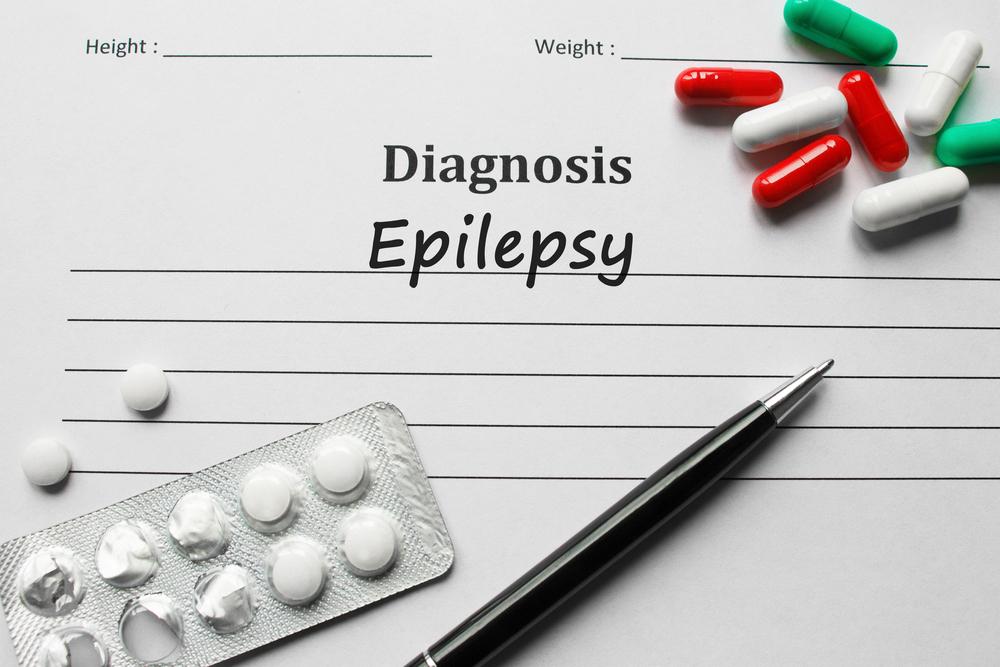Epilepsy: Causes and Risk Factors
The majority of epileptic attacks, which include seizures, may be managed with medication used to control the seizure trigger. In rarer cases, epileptics may require surgery to minimize seizures. Depending on the age of the patient, seizures can diminish with time. For example, some child patients outgrow the condition age they age.
While epilepsy has no definitive cause, certain identifiable risk factors do put certain individuals at increased risk of developing the condition.

Prenatal factors
Several pre-birth factors can make babies prone to brain damage that could put them at increased risk of epilepsy or other brain disorders, like cerebral palsy. For example, several nutritional deficiencies, oxygen deprivation, and infection passed from mother to baby, can damage the brain.
Developmental conditions
Epilepsy has been linked to accompany certain developmental disorders (i.e., neurofibromatosis and autism).
Brain disorders
Certain disorders that cause permanent brain damage (i.e., stroke or tumor) also trigger epilepsy. For instance, stroke in patients 35-years and older is a prime indicator of epilepsy.
Infections and immunocompromised diseases
Epilepsy has also been linked to certain immunocompromised diseases (i.e., AIDs) and infections (i.e., meningitis and viral encephalitis).
Head injury
Trauma to the head and brain can result in an increased risk of epilepsy. Prime examples of traumatic injury can occur due to concussion or automobile accident.
Genetics
A genetic link to certain types of epilepsy does exist. Epilepsy is categorised by health professionals by the part of the brain impacted and the type of seizure experienced (i.e., frontal seizure vs. generalised seizure).















